Does a VPN Affect All Devices? [All You Need To Know]
7 min. read
Updated on
Read our disclosure page to find out how can you help VPNCentral sustain the editorial team Read more
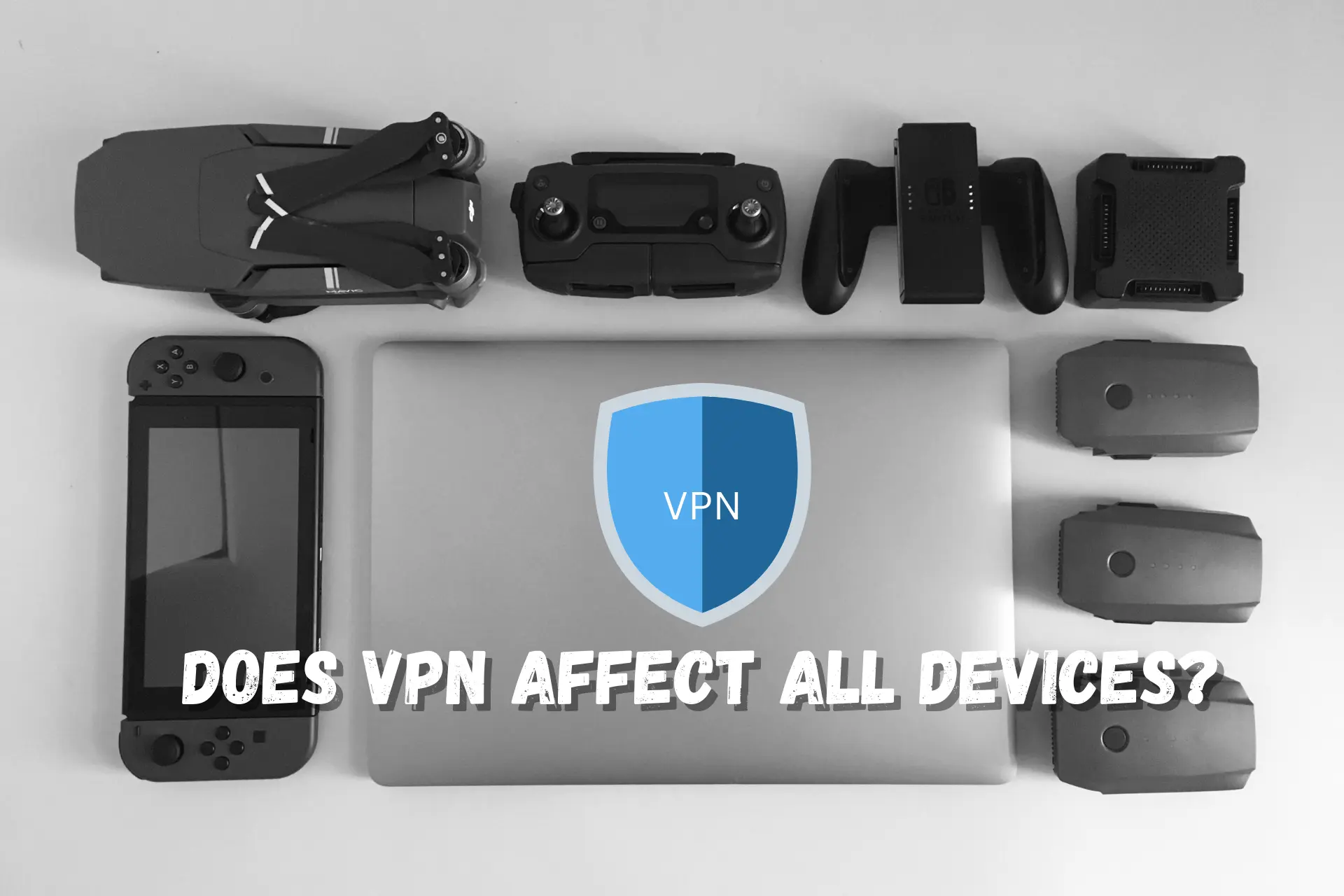
One common question that arises among some online users is if VPN affects all devices. The short answer is no.
Just because your device can be connected to the Internet, doesn’t automatically mean it supports VPNs.
Regardless of this, there are a few ways to use a VPN on devices that do not support a VPN. For example, you can connect a VPN to your router, then use the device through the router’s network.
In this article, we will explore the different devices that a VPN can impact.
Aside from that, we will go further to discuss the advantages and limitations of using a VPN on the following devices:
- Desktop and laptop computers
- Smartphones and tablets
- Gaming consoles and streaming devices
- Network devices
- Other devices
Does a VPN affect all devices?
No, it doesn’t. A VPN can only affect a device when it is installed on or shared with it.
Also, a VPN may not work on certain household appliances like security cameras like Ring or other devices, such as Bluetooth speakers or digital personal assistants.
For most of those, you can however find a way to install a VPN, as long as they can connect to WiFi.
Now that the important details are out of the way, let’s go ahead and review the importance of a VPN and the devices it covers.
1. Desktop and laptop computers
A VPN will encrypt your traffic while you are online, thereby safeguarding your data from theft and tracking.
It will shield all personal information provided by your IP, such as your location and Internet Service Provider.
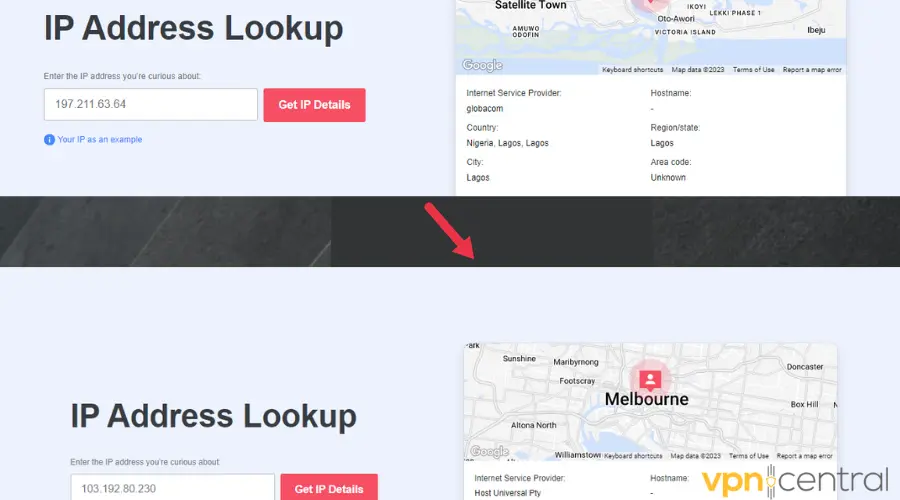
It also ensures that you can bypass geo-blocking and access any media content and regional websites from around the world.
Additionally, when gaming on your PC, a VPN allows you access to games prohibited in your country.
On top of that, a VPN can also help reduce high ping and solve latency problems.
To crown it all up, a VPN can boost your internet speed. Imagine streaming that content without experiencing extreme buffering.
Limitations and challenges of using a VPN on desktop and laptop computers
Although a VPN is designed for security, there have been instances where some users complained of vulnerabilities. This mostly occurred due to DNS leaks and poor encryption.
VPNs have an impact on speed, and we praise them for increasing speed, but they can also slow it down.
The majority of the time, this happens because users either connect to a VPN server location far from them or one that is overcrowded. An outdated VPN protocol or encryption may also be at fault.
2. Smartphones and tablets
With the growing use of smartphones and tablets for sensitive transactions, such as online banking and shopping, a VPN has become more important than ever.
When you connect to the internet without a VPN, your online activity is easily traceable and linked back to your smartphone or tablet’s IP address.
VPNs on the other hand, mask your IP address and make it difficult for anyone to track your smartphone or tablet.
Another advantage of using a VPN on smartphones and tablets is the ability to bypass geo-restrictions. That means you install apps that aren’t available in your region or play locked games on your tablet.
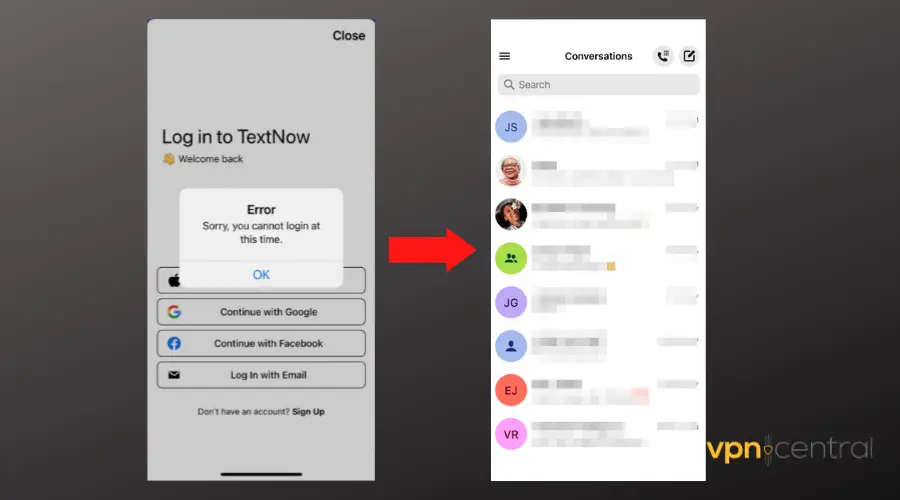
Some providers offer a vast collection of VPN server locations to help you spoof your location.
Finally, if you use a VPN for streaming and bandwidth-intensive activities, it makes your connection faster and more secure.
Limitations and challenges of using VPN on smartphones and tablets
One of the biggest limitations of using a VPN on smartphones and tablets is its compatibility with certain applications.
There are some apps and services that try to block VPNs and proxies and may not work when you enable the VPN on your phone.
However, if you use a good enough VPN that can’t be traced, the apps won’t catch on to the fact you’re using it and grant you access.
Additionally, if you connect to an overcrowded server, VPNs can equally slow down internet speeds on your smartphones and tablets.
3. Gaming consoles and streaming devices
Using a VPN with a gaming console will unlock unavailable games, allow you to buy games for a cheaper price, protect your data, and get rid of latency issues.
When you connect your gaming console to a VPN, it encrypts your traffic, making it much more difficult for hackers and petty fellow gamers to steal your information.
This is particularly useful to prevent DDoS attacks common in the gaming space.
Setting up a VPN on a streaming device like Chromecast or Amazon Fire Cube will help maintain a steady connection for uninterrupted binge-watching sessions.
On top of that, a VPN allows access to restricted websites like Netflix, Hulu, Showmax, and so on, if it is blocked in your region or if you want to access an international library such as Netflix Japan.
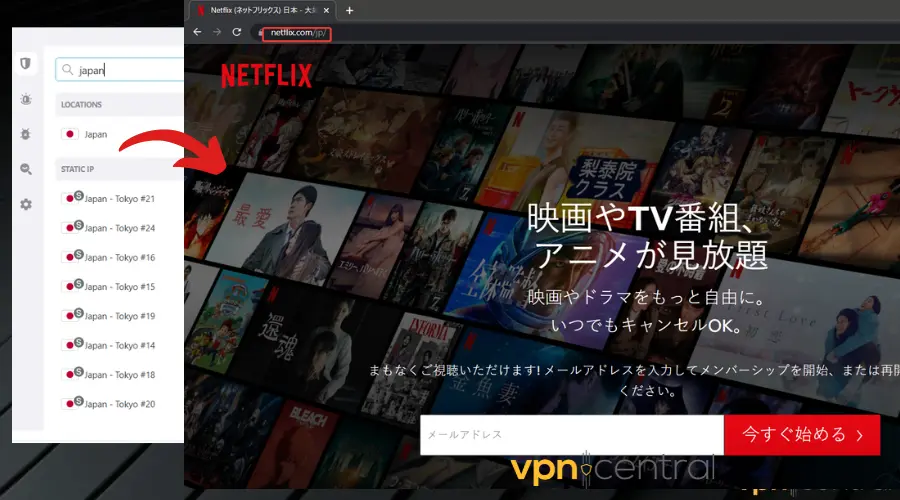
Limitations and challenges of using VPN on gaming consoles and streaming devices
As with other devices, not all VPNs support gaming consoles. Users usually experience a slow network connection occasionally.
This is because of how long it takes to travel between your device and the server. Also, VPN configuration setup on gaming consoles is more difficult than on other devices.
There are countries where VPNs are not permitted. In places like this, the use of VPNs in the country may lead the authority and legal issues.
4. Network devices
Network devices include routers, hubs, modems, and so on.
Some of these devices support VPN natively, you’ll just have to get your VPN app’s configuration files and follow along with a setup wizard.
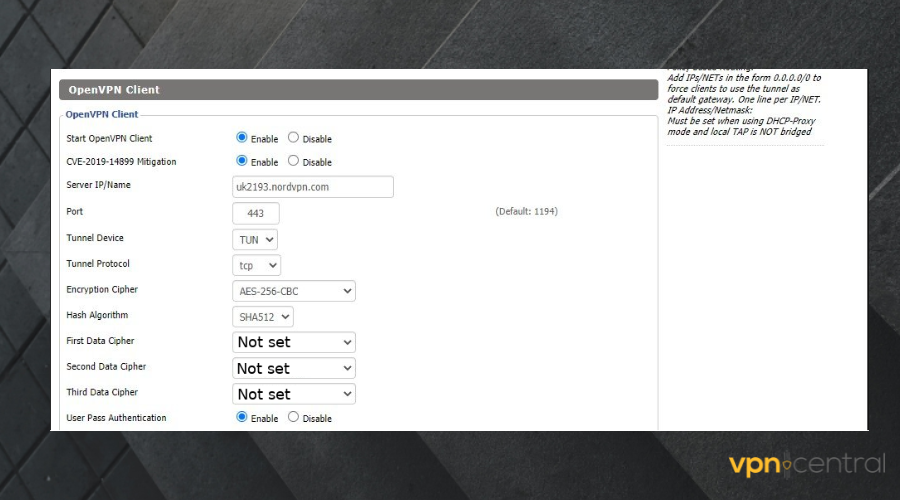
However, it’s possible to add VPN over routers and network devices that don’t support VPN, typically by using a secondary device to bridge your VPN.
Once you connect your VPN to a network device, all secondary devices connected to that network will be encrypted through the VPN tunnel.
This saves you the time and cost of configuring individual VPN apps and connections on all devices connected to a network.
Limitations and challenges of using VPN on network devices
Interoperability issue is one of the limitations of using VPN on network devices. Due to the different technologies employed in building a VPN, some of them are not compatible with a few network devices.
Another thing is that a VPN can introduce latency into the network, which would result in a slower response. This can be frustrating especially if you want to game or join a video call.
Lastly, setting up a VPN on these devices can be challenging sometimes. However, with the proper technical guidance, you would be able to set it up in a matter of time.
5. Effect of VPN on other devices
There are certainly other devices that a VPN does not affect directly. Devices like smart speakers, digital assistants, smart security cameras, and so on are in this category.
Most of these devices including Amazon Alexa aren’t compatible with VPNs, so they don’t benefit from privacy and security.
However, if you enable the VPN on your router, it will work on them as well.
The main benefit here is maintaining unbreakable privacy so there are no vulnerabilities on any devices on your network.
Limitations and challenges of using a VPN on other devices
Setting up a VPN on a device that doesn’t support it can at times be challenging and require more than one device.
For instance, if you want to use VPN on Alexa, you’ll have to share your connection by setting up a hotspot.
Additionally, compatibility issues can lead to the internet connection to working at all on those devices.
Conclusion
VPNs have been so valuable to internet users that some of them begin to wonder if a VPN affects all devices.
In short, a VPN affects all devices that connect to it, be it through a native VPN app, or by connecting your device to a WiFi network that has VPN installed over it.
There are plenty of benefits to using a VPN on different devices. Luckily, most VPN services allow users to connect multiple devices at the same time.







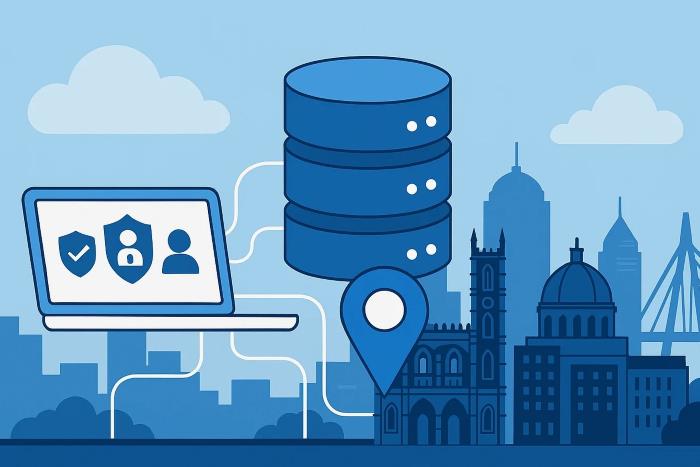
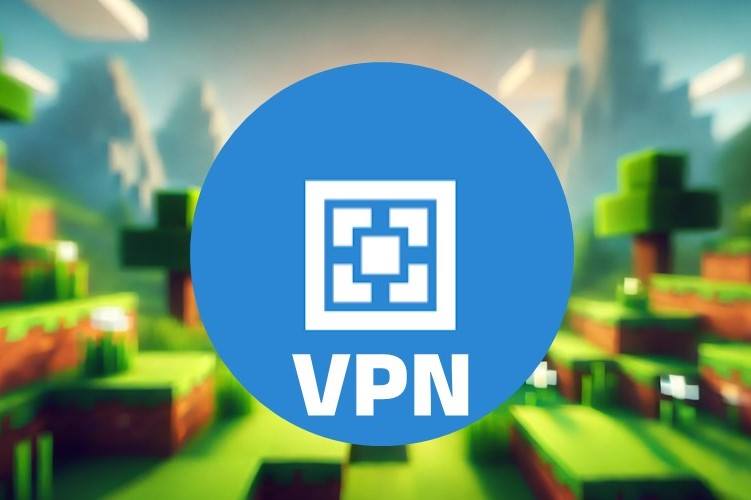
User forum
2 messages